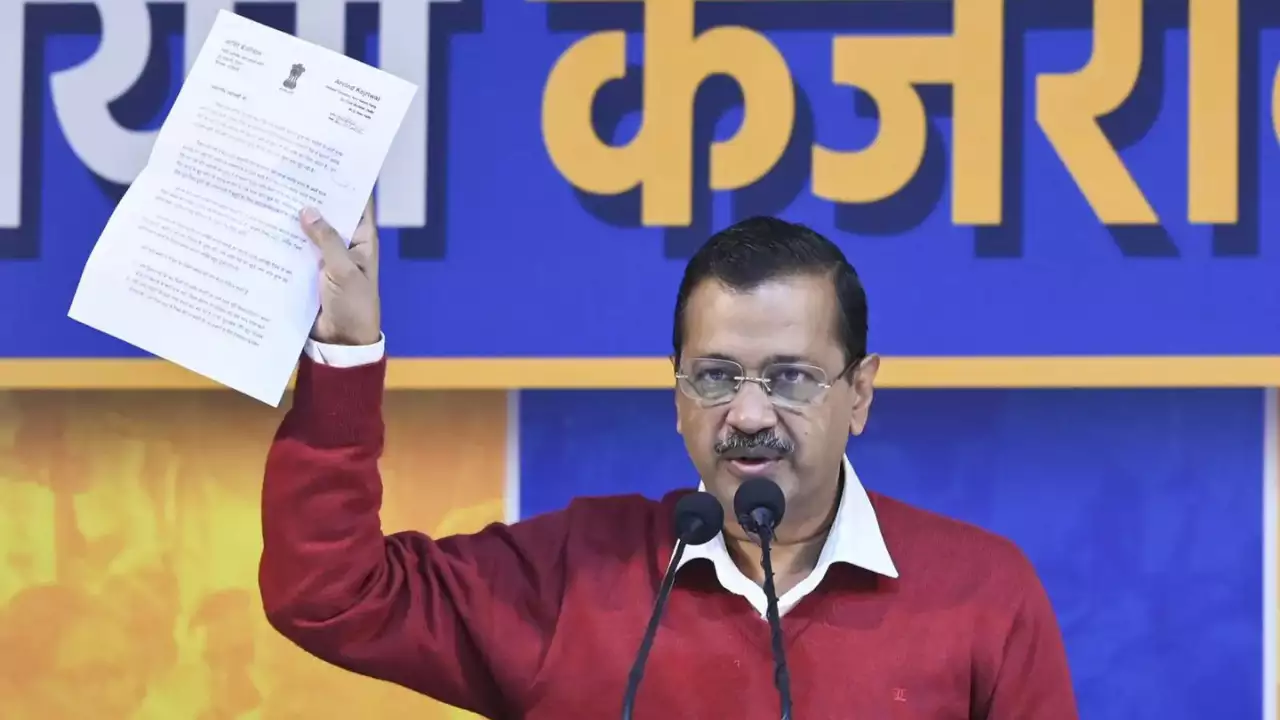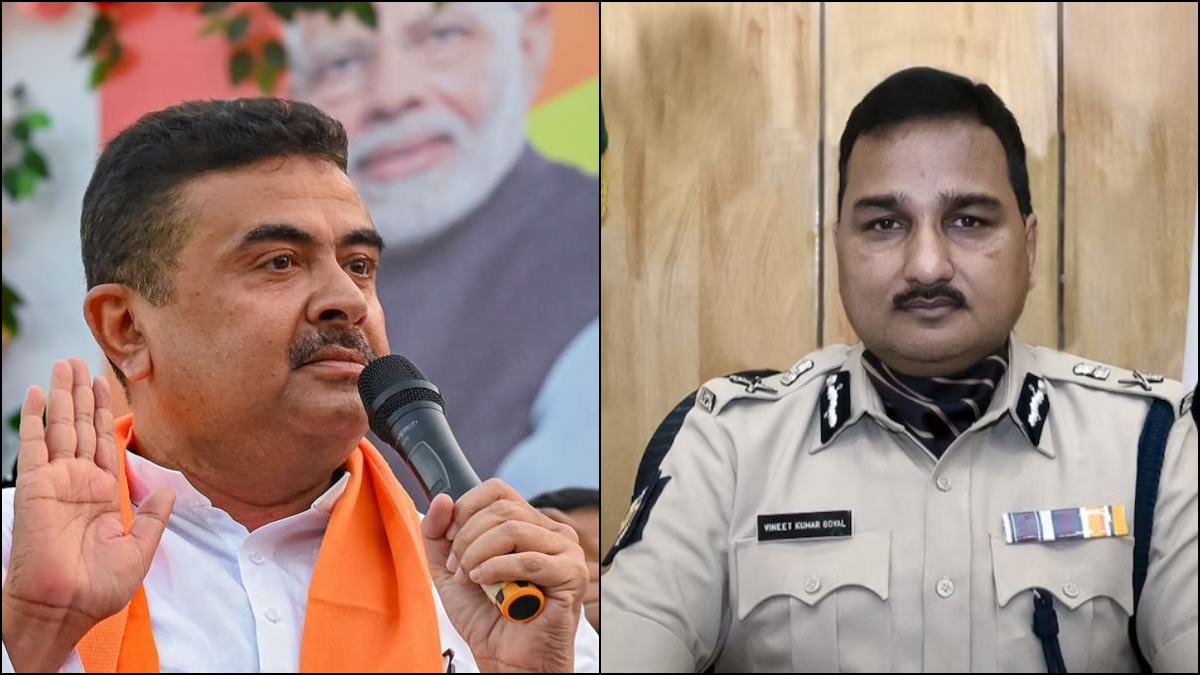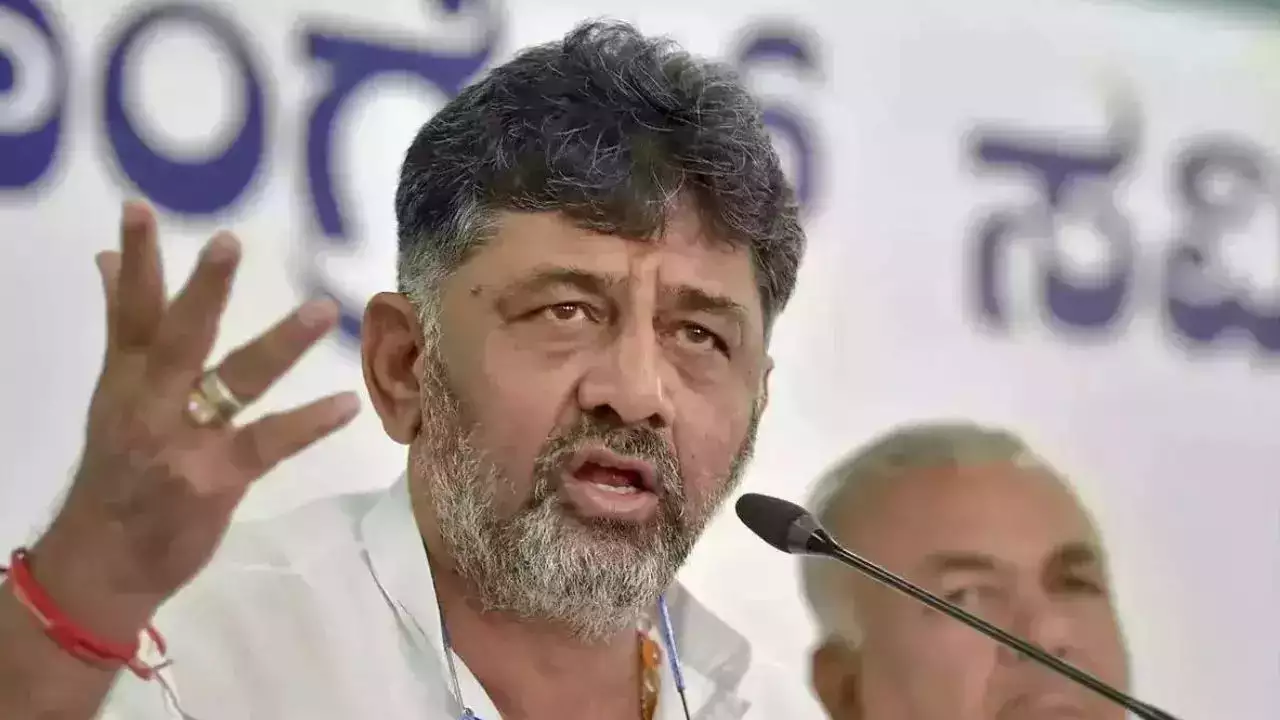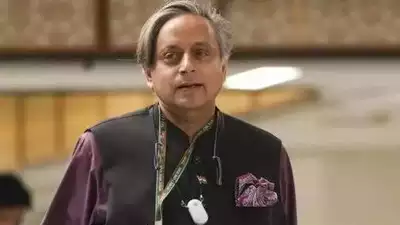NEW DELHI: In response to the Election Commission’s (EC) notice seeking evidence for his allegations that the BJP-led Haryana government was “poisoning” Delhi’s water supply ahead of the February 5 polls, AAP Chief Arvind Kejriwal presented a detailed 14-page response. He asserted that the raw water supplied by Haryana was “highly contaminated and extremely poisonous” for human health.
Kejriwal cited a letter from the Delhi Jal Board (DJB) CEO to the Delhi Chief Secretary, which confirmed that the ammonia level in the Yamuna water had reached 6.5 ppm—far exceeding the treatment capacity of DJB plants, which is capped at 1 ppm.
Health Hazards and Legal Implications
Kejriwal emphasized that ammonia-contaminated water poses severe health risks, including neurological damage, liver and kidney dysfunction, and bacterial outbreaks. “Failure to address this contamination endangers millions and violates the fundamental right to health under Article 21 of the Constitution,” he argued.
He accused Haryana of indiscriminately discharging industrial waste into the Yamuna, resulting in a toxic water crisis. He asserted that DJB had previously sought relief from the Supreme Court and the National Green Tribunal (NGT) regarding this issue.
Election Commission’s Concern
EC officials stated that Kejriwal’s response largely reiterated complaints about increased ammonia levels, which had already been raised by the Delhi and Punjab governments. The EC sought evidence to substantiate the charge of “poisoning” the water supply, including details of the alleged poisoning agent and DJB’s detection methods. DJB has since dismissed the allegations as “false, misleading, and factually incorrect.”
The EC’s notice emphasized that serious accusations against an elected government require a factual foundation, especially when contested.
Freedom of Speech and Legal Protections
Kejriwal defended his statements, arguing they were protected under the constitutional right to freedom of speech. He referenced Supreme Court rulings that statements should be judged by “reasonable and strong-minded” individuals rather than those with “weak vacillating minds.”
He also maintained that his remarks did not violate sections of the Representation of the People Act, 1951, or the Indian Penal Code related to inciting enmity or public mischief. “Raising an issue of such a critical public health crisis cannot be construed as inciting enmity or harming national integration,” Kejriwal stated.
Call for Urgent Action
Kejriwal argued that suppressing discourse on public health issues undermines democratic principles and the right of citizens to demand accountability. He urged the EC to dismiss the case and emphasized that the Delhi and Punjab Chief Ministers would write to the commission seeking a meeting to address the crisis.
As the controversy unfolds, Kejriwal continues to highlight the urgent need for institutional and governmental intervention to safeguard public health and ensure access to safe drinking water.




